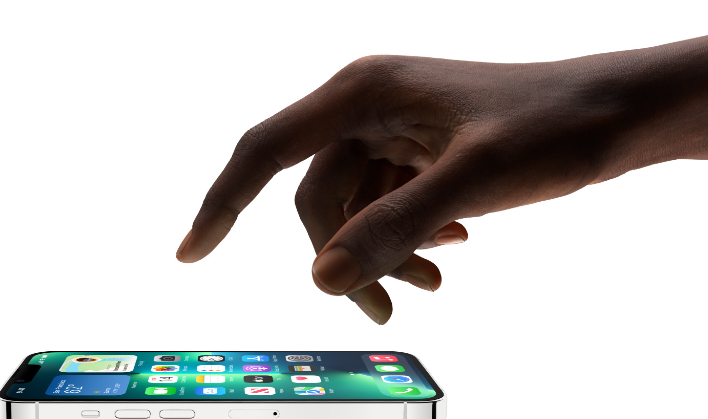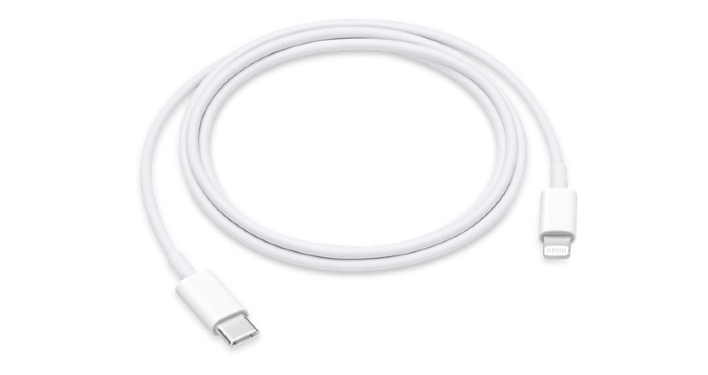Sorry Apple But You Will Have To Embrace USB-C On Future iPhones And AirPods

The European Union has been working to make products in Europe more sustainable. The effort has led to a new rule that will have USB Type-C as the only charging port for all mobile phones, tablets and cameras in the EU by the autumn of 2024. The change should finally give Apple the incentive to make the change from its own proprietary lightning port to the more universal USB-C port. A change fans of Apple have been longing for.
"Under the new rules, consumers will no longer need a different charging device and cable every time they purchase a new device, and can use one single charger for all of their small and medium-sized portable electronic devices," the European Parliament said in a press release.

As already noted, the change won't be immediate. Manufacturers will have until the fall of 2024 to implement the new rule, which includes "mobile phones, tablets, e-readers, earbuds, digital cameras, headphones and headsets, handheld videogame consoles and portable speakers." In terms of laptops, companies will have up to 40 months after the rule takes effect to make any necessary changes.
The European Parliament and Council still need to formally approve the agreement following the summer recess. Once it does, the rules will come into force 20 days later, with provisions starting to apply 24 months later.
Devices that are already on the market before the rules are applied will not be affected by the changes. This will give companies such as Apple a little time to start shipping out iPhones with a new USB-C charging port.
Apple was able to circumvent the prior requirement of micro-USB by including an adapter in every iPhone box. However, this will be prohibited under the new rules. It has been reported that Apple has already started testing USB-C in iPhones, but you should not expect to see one until 2023.
Top Image Credit: Apple

